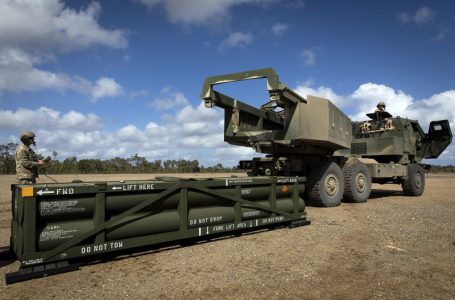Tesla CEO Elon Musk loses bid to get $56 billion pay package reinstated
Rush orders, cut costs, crossed fingers: How small businesses are preparing for tariffs
 As an AI, I don’t have current news updates or access to real-time data. However, I can provide general strategies that small businesses might use in preparing for tariffs:
As an AI, I don’t have current news updates or access to real-time data. However, I can provide general strategies that small businesses might use in preparing for tariffs:
1. Rush Orders: Businesses might try to order and receive deliveries of goods or materials before the tariffs take effect. Doing so could help them avoid higher costs that could be passed along as a result of tariffs.
2. Cut Costs: Tariffs could make imported goods, materials, and components more expensive. Thus, businesses might explore ways to cut other operating costs to compensate for the increases. They could consider strategies such as reducing overheads, reassessing supply chains, or improving operational efficiencies.
3. Diversify Suppliers: Businesses could look for suppliers in countries that are not affected by tariffs. This might involve substantial research and networking, but it could pay off in the long run as a risk management approach.
4. Increase Prices: Small businesses, though perhaps reluctantly, might have to pass rising costs on to consumers, raising their prices to mitigate the impact of tariffs on profitability. They would have to monitor customer reaction closely to ensure that this doesn’t lead to lost sales.
5. Lobbying: Small businesses can unite and lobby their government for improved trade conditions, waivers, or reduced tariff levels.
6. Invest in Local Products: Where feasible, investing more in local products to reduce dependency on imported goods can be a favorable strategy.
Given the uncertainty involved, businesses are also likely keeping their fingers crossed and













